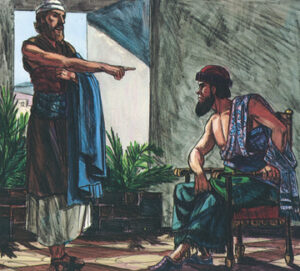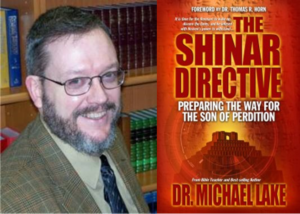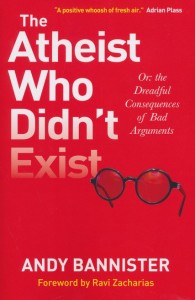
In this series of posts I’ve been discussing the great need of the Church today that it’s shepherds be theologians in the highest sense of the word. I share with you a quote by CH Spurgeon who was speaking about the importance of pastors preaching the full counsel of God’s Word. He stated:
“The glory of God being our chief object, we aim at it by seeking the edification of saints and the salvation of sinners. It is a noble work to instruct the people of God, and to build them up in their most holy faith: we may by no means neglect this duty. To this end we must give clear statements of gospel doctrine, of vital experience, and of Christian duty, and never shrink from declaring the whole counsel of God. In too many cases sublime truths are held in abeyance under the pretense that they are not practical; whereas the very fact that they are revealed proves that the Lord thinks them to be of value, and woe unto us if we pretend to be wiser than He. We may say of any and every doctrine of Scripture—to give it then a tongue is wise in man. If any one note is dropped from the divine harmony of truth the music may be sadly marred. Your people may fall into grave spiritual diseases through the lack of a certain form of spiritual nutriment, which can only be supplied by the doctrines which you withhold. In the food which we eat there are ingredients which do not at first appear to be necessary to life; but experience shows that they are requisite to health and strength. Phosphorus will not make flesh, but it is wanted for bone; many earths and salts come under the same description— they are necessary in due proportion to the human economy. Even thus certain truths which appear to be little adapted for spiritual nutriment are, nevertheless, very beneficial in furnishing believers with backbone and muscle, and in repairing the varied organs of Christian manhood. We must preach “the whole truth,” that the man of God may be thoroughly furnished unto all good works.”
Continue reading →





